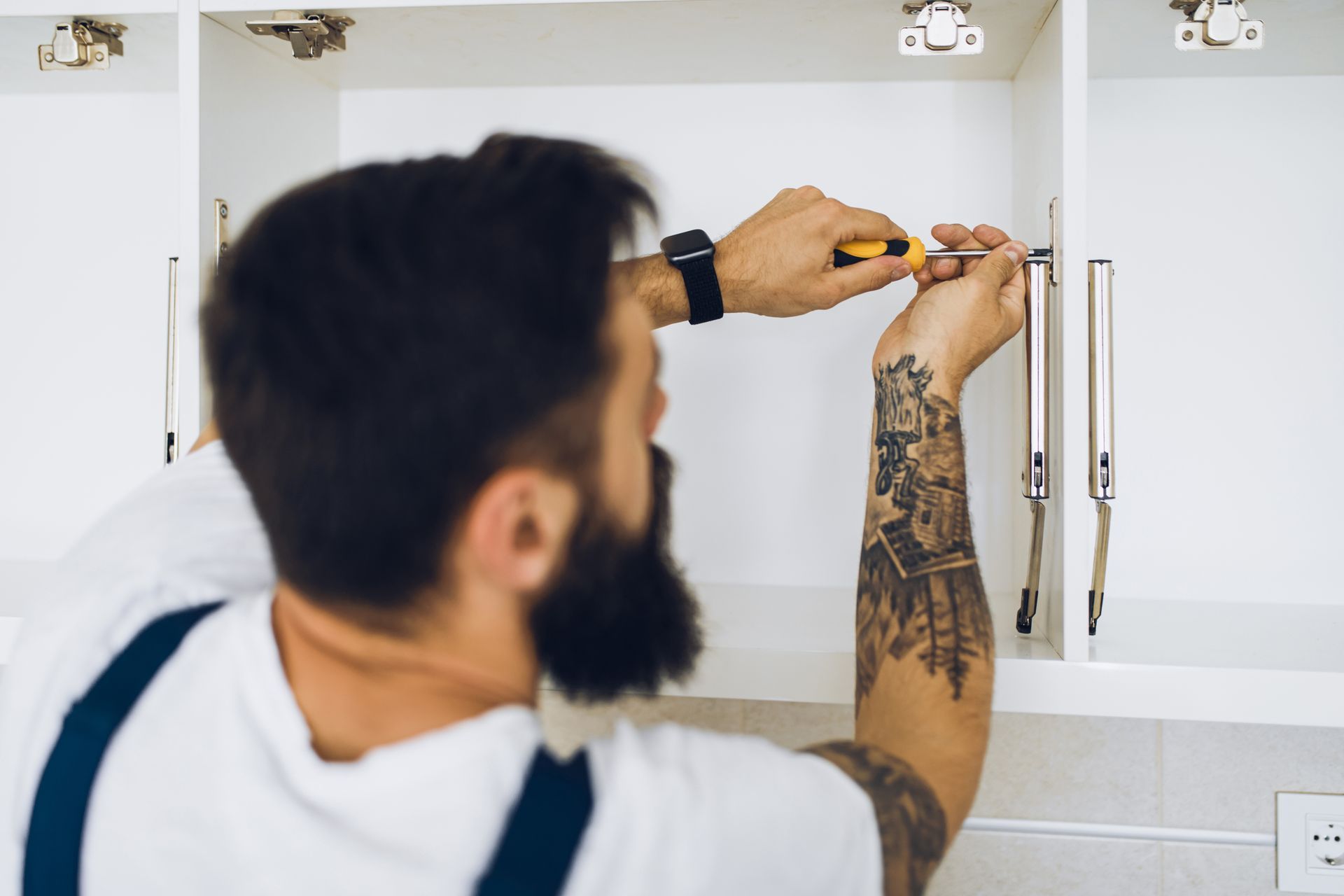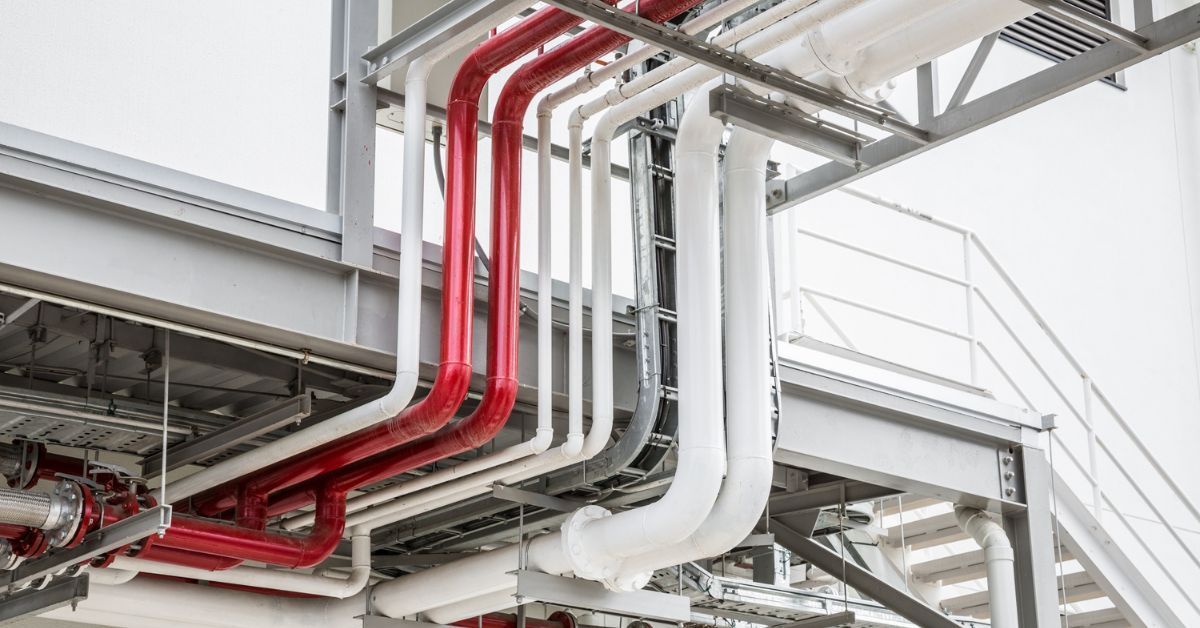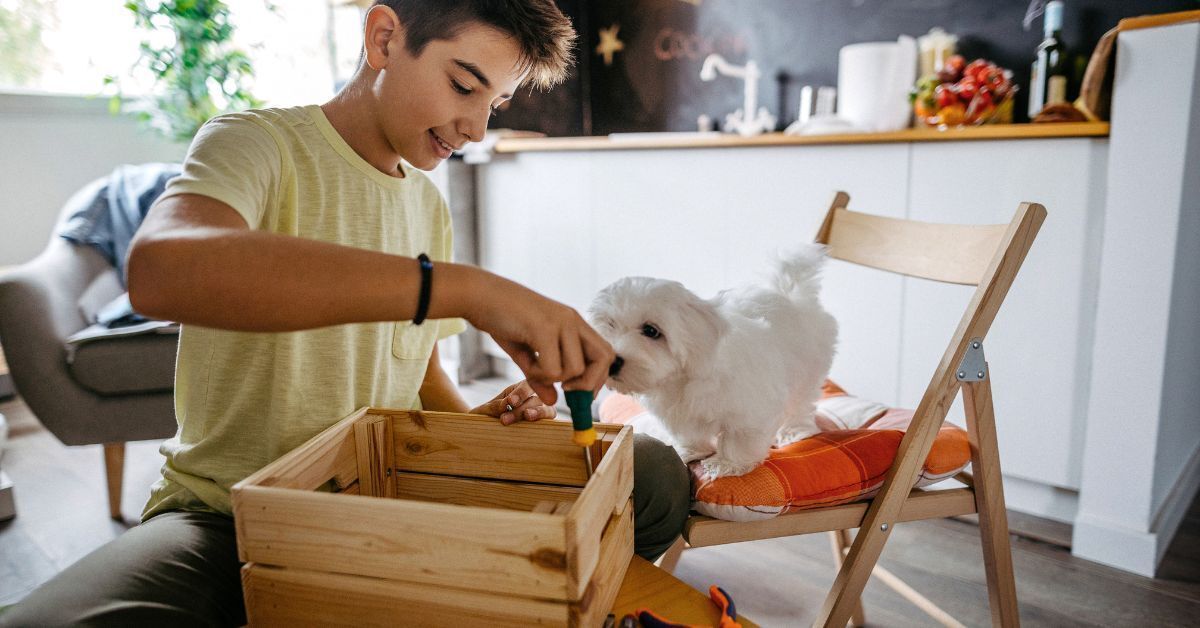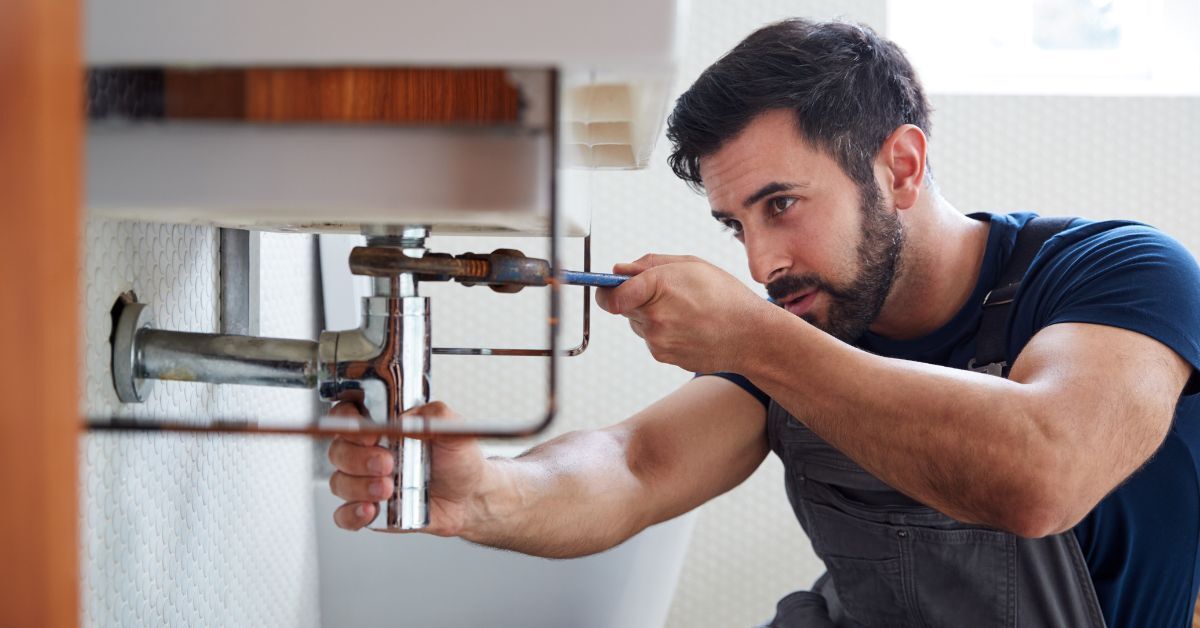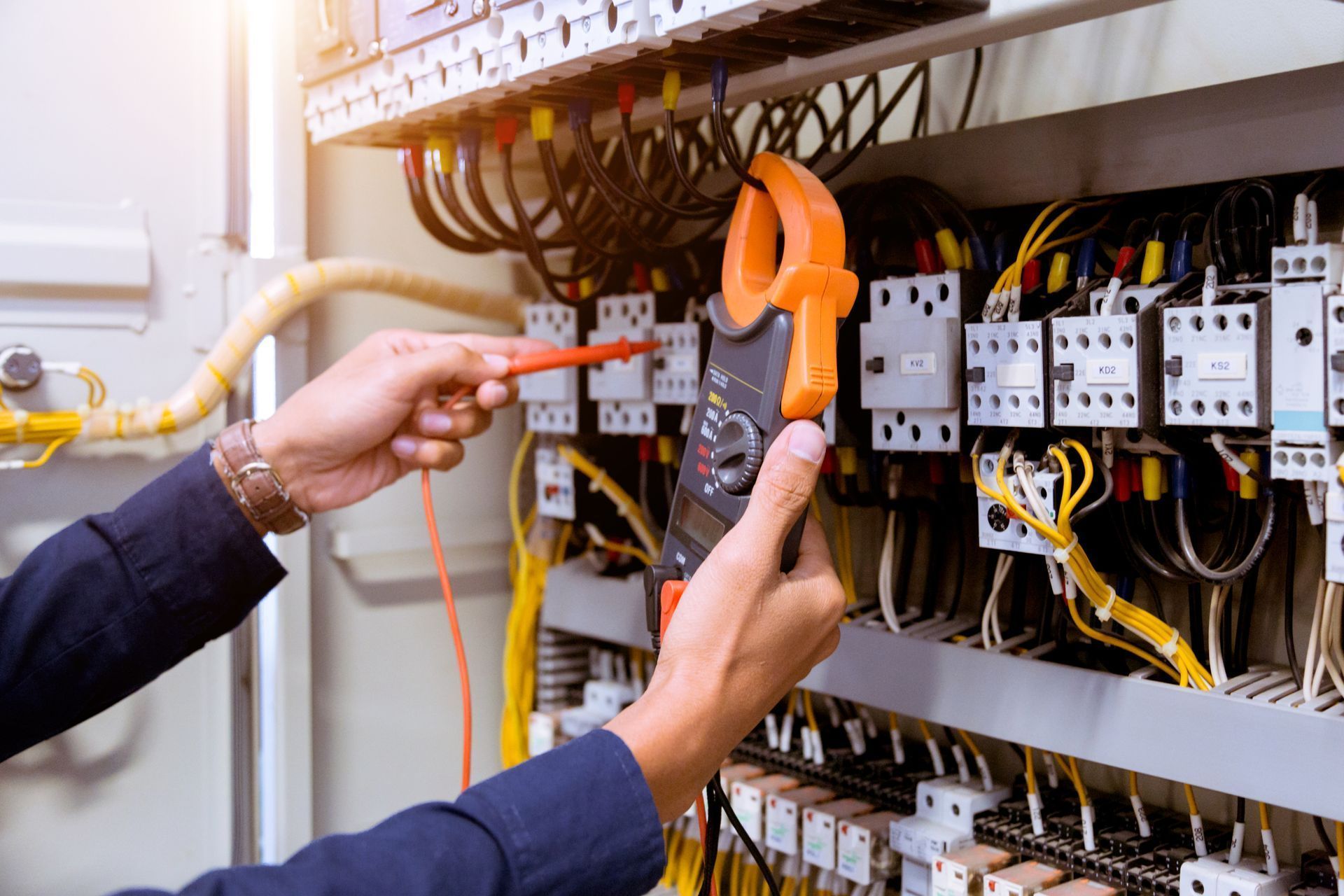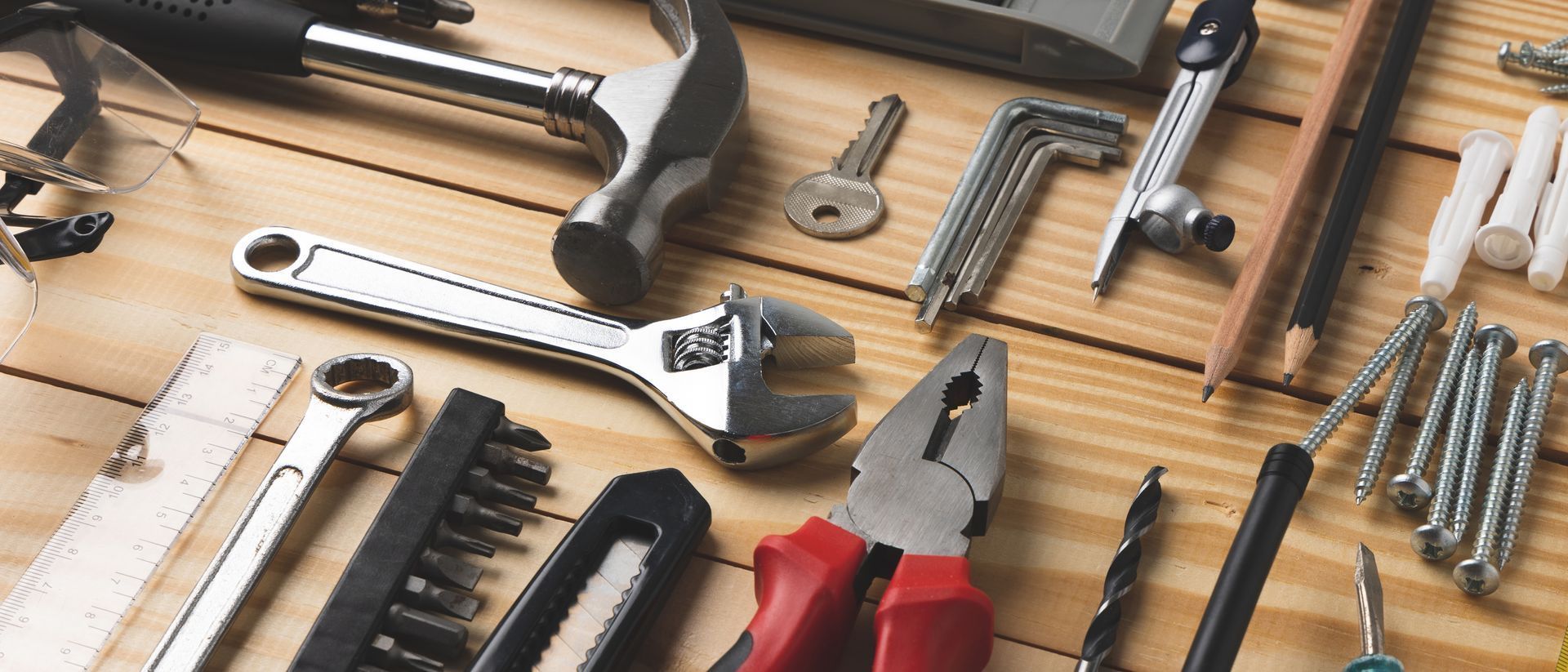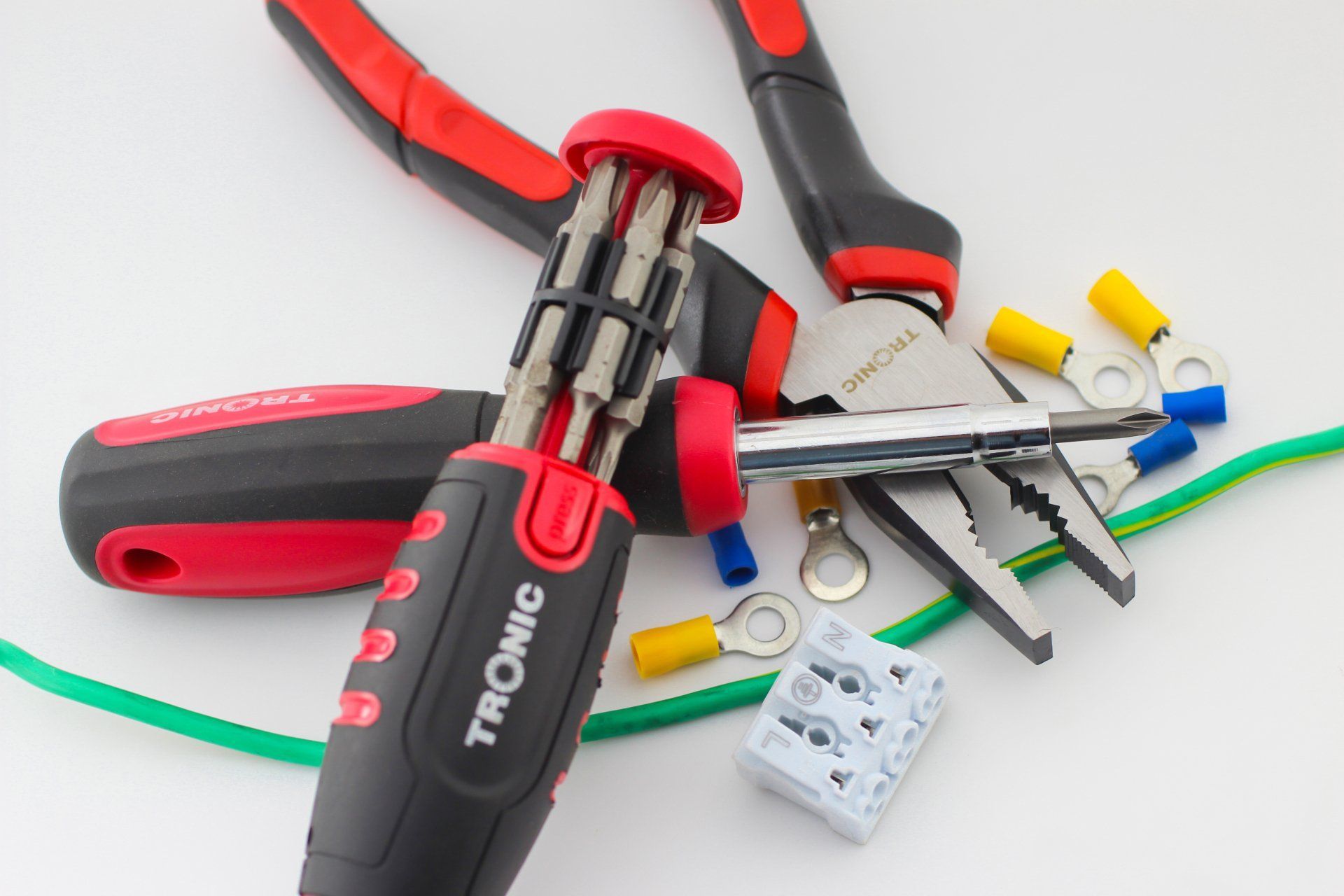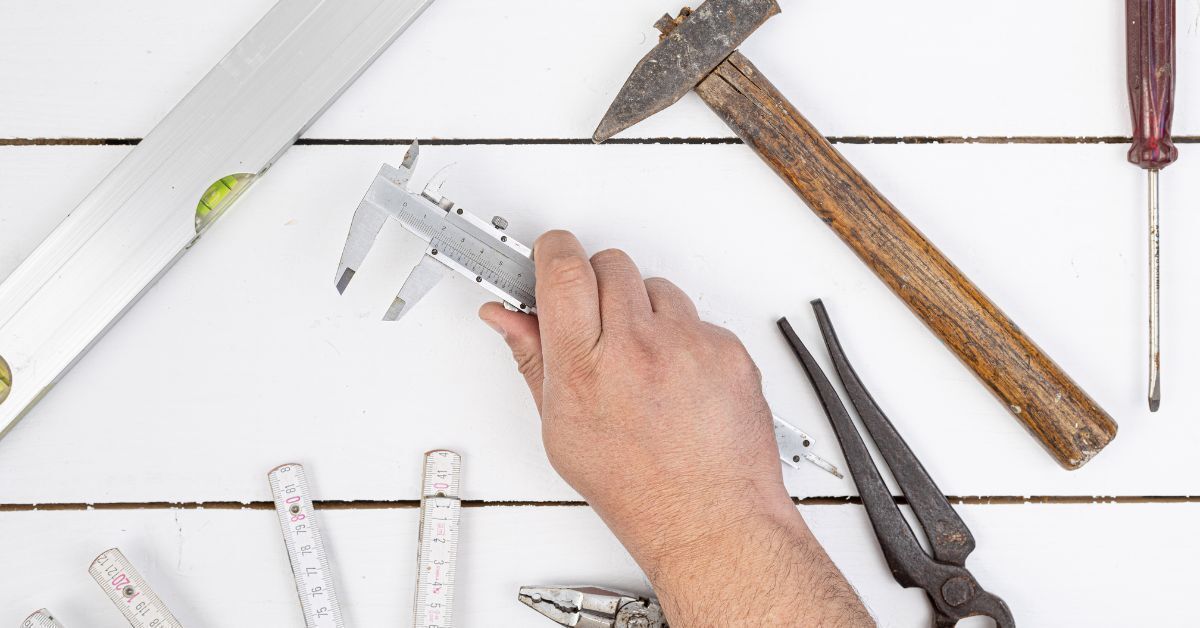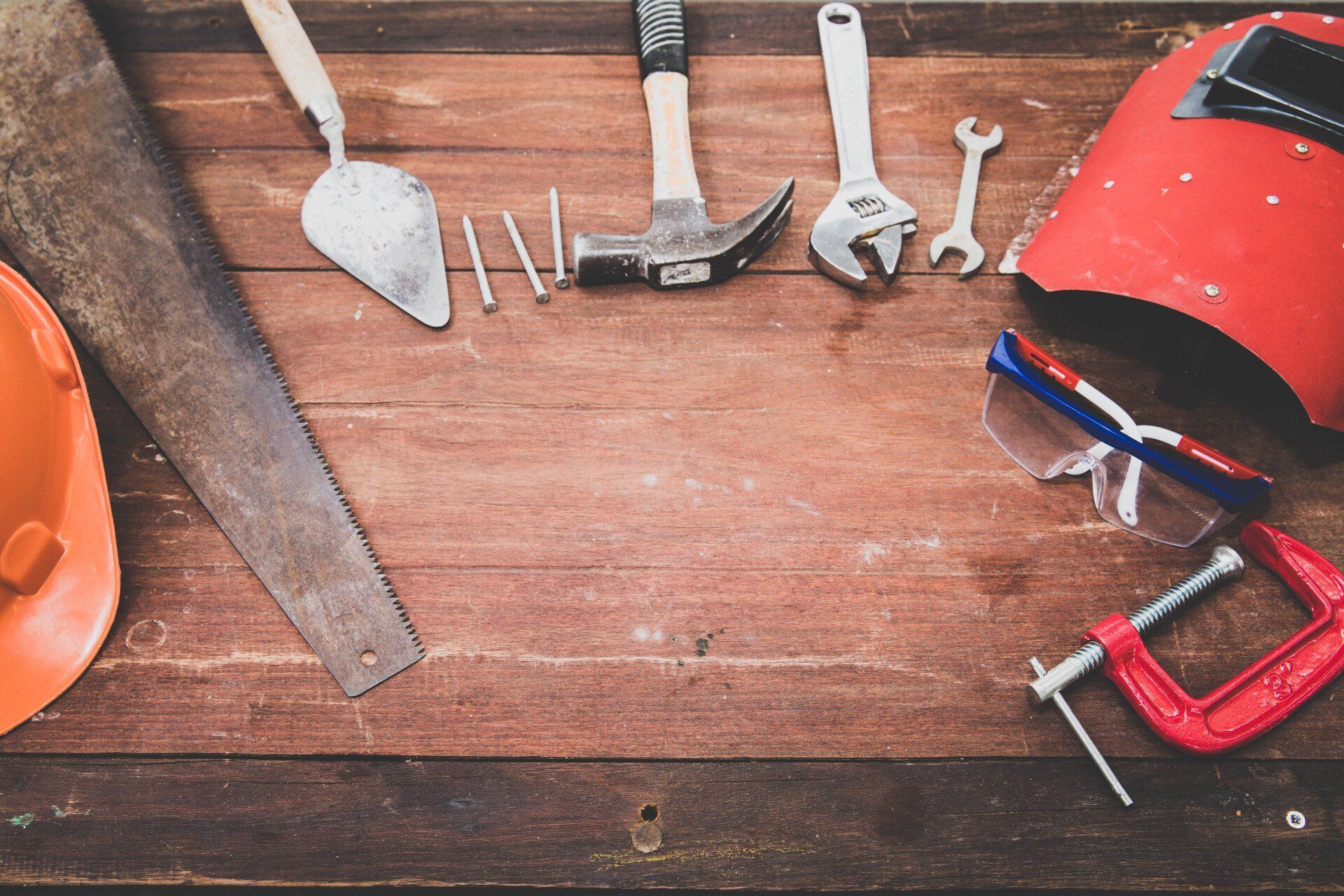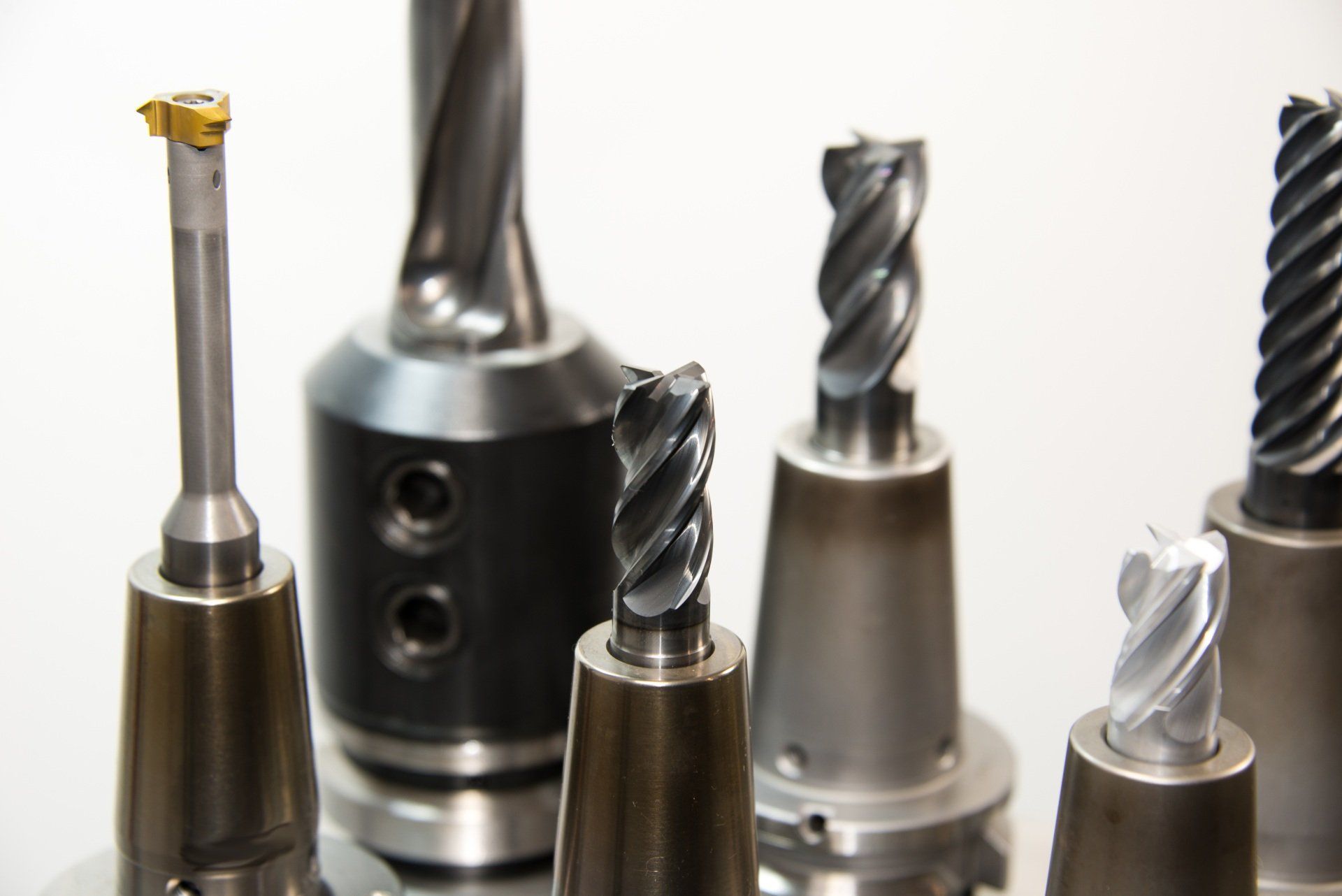The Best Electrical Safety Advice for Every Homeowner
What Every Homeowner Should Know About Electrical Safety
When dealing with electricity, safety precautions are very essential. If utilized or maintained poorly, electrical equipment, including computers and machinery, can be dangerous and result in serious burns and shocks. There are basic ground rules that must initially be observed in order to maintain safety. Modern existence depends heavily on electricity. If not handled with the appropriate regard, it could be very harmful. Let's examine some recommendations for electrical safety that every household should be aware of.
- Always turn off the power - Avoiding electrical dangers is the greatest way to keep safe. Electrical currents of more than 50V should not be interacted with by or nearby untrained individuals. If you really have to work close to electrical hazards or machinery that utilizes more than 50V, remain at a safe distance. Always make sure there are no uncovered wires close to the area you're working in and that all panel shutters are closed before you begin your work. Make sure the switch, outlet, or fixture is off before you begin working. Next, turn on the switch, plug in anything, and use a tester. Cutting the power and testing the circuit won't take more than a few seconds.
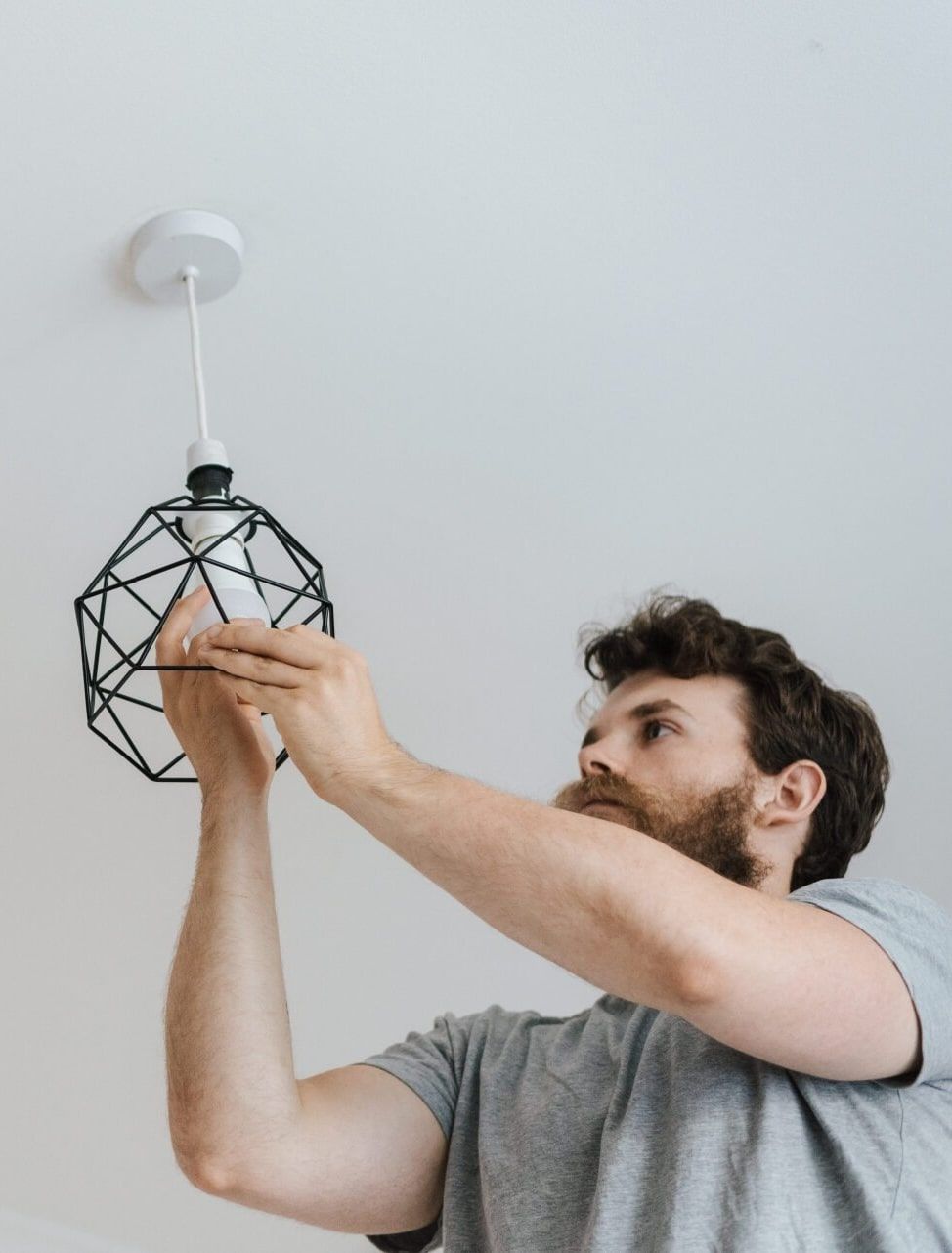
- Make sure the electrical equipment is used safely - All electrical equipment should be used properly to protect everyone's safety. It's important to handle electrical wires safely. Never pull on the cable to unhook a plug; always pull on the plug head. Electrical cables shouldn't be pressed or overextended. Never staple cables together. Electrical equipment should not be hung from their cables. Additionally, before usage, every wire and outlet has to be visually examined for exterior flaws. Do not use any device that has a damaged cable or plug.
- Use extension cords sparingly and briefly - When there isn't a handy outlet nearby and you need electricity, an extension cable should be your temporary alternative. Nothing should ever have an extension cable as a permanent fix. Either put an additional outlet where you need it or relocate the object closer to an outlet.
- Have the right fire extinguisher available - On an electrical fire, never use water. There is silt in water that transmits electricity. For anyone attempting to put out the flames, using water on an electrical fire poses a serious risk of shock. Instead, keep an extinguisher on hand that is designed to fight electrical fires.
- Secure electrical hazards with proper physical barriers - To safeguard everyone in the home from any electrical dangers, physical barriers must always be implemented. Electrical panels should always have their cabinet doors shut, and any openings where young children may come into touch with exposed wires should be sealed. Additionally, warning signs should be put up, and anything that can restrict the space in front of the electrical panel should be removed.
- Utilize several outlets - Probably have a number of devices plugged into an electrical strip; this is not a secure arrangement. To prevent overloading one outlet, try to spread electrical gadgets and small appliances across several using extension cords. You might also want to hire an electrician to add more outlets to your home.
- Avoid using conductive tools and cleaning supplies - Always presume that electrical components are live and take precautions as necessary if you are operating in a place where there is an electrical danger. Avoid using conductive tools there. Keep in mind that some cleaning supplies are conductive as well and call for extra attention if you're cleaning the area. Steel wool and metalized cloth are good conductors of electricity, as are solvent- and water-based cleaning products. All conductive tools and cleaning products should be kept away from live electric devices and components.
- Electrical shock can have fatal effects - An electrical component should always be treated as though it were live. The appearance of electro-active and de-energized components is the same. It's best to presume that any electrical component is active in order to assure safety. Take steps to safeguard yourself and everyone around you and keep power moving in the right direction. It's impossible to be too careful when it comes to electricity.
- Make your outlets child-proof - If there is even a significant chance that children will be present in your home, attach outlet covers. The safest alternative is to use spring-loaded covers that automatically close when there is no power source present. Additionally, periodically go about your house and feel the outlets. To the touch, they ought to be entirely cool. Close the circuit at the breaker box if you discover a warm or hot outlet, and then call an electrician right away.
- Be very careful when using flammable materials - Where flammable vapors, fumes, or dust are present, electrical equipment that can ignite must not be utilized. There are only two instances in which this rule does not apply: when electrical power sources are shut off or disconnected by skilled electricians before these potentially flammable chemicals are used, or when the electrical equipment is specifically designed to work in such conditions.
- Look into blinking lights - A flickering light often means the fixture or the circuit has loose wires somewhere. Or it's possible that there's no steady supply of energy because the bulb has become loose. Tighten the light bulb. Get an electrician on the phone if it still doesn't work.
- Working on live electrical wires should only be done by qualified electricians - Avoid touching live electrical wires if you come across them. On live electrical lines, only trained professionals who are qualified electricians should work. The same electrical protective measures apply to dangerous electrical equipment. Only licensed electricians should approach and handle any live electrical hazards. You need to call an electrician right away if you find a live electrical line at home.
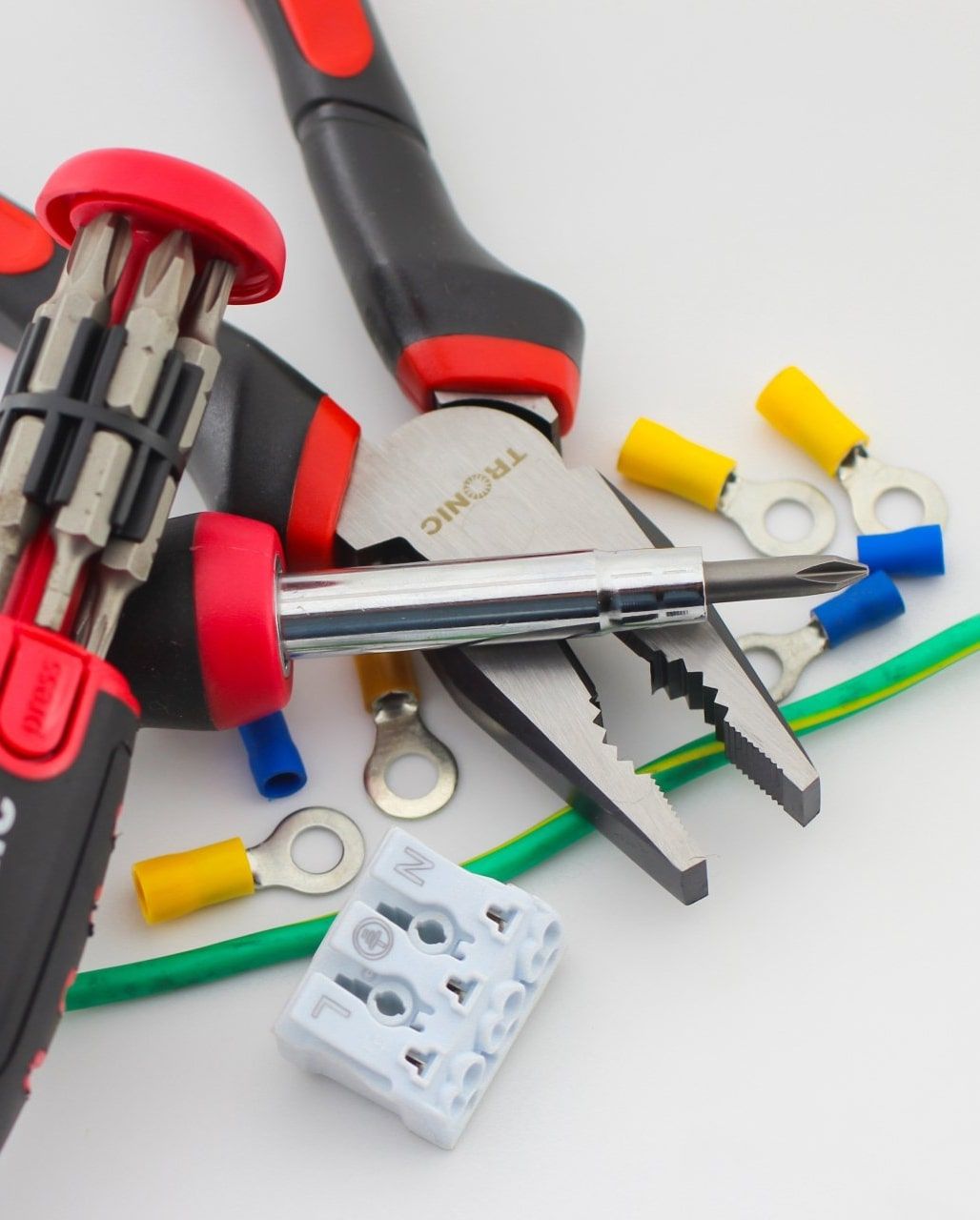
Invest in High-Quality Electrical Goods
Although it is often true that quality is expensive, buying a high-quality item that will last might be more cost-effective than buying a short-lived one. Think about how well-made the products and services are while making house purchases. Long-term, purchasing high-quality items decreases the need for repairs or replacements. This is where the concept of investment enters the picture. Given that investment is often something you get a return on, any necessary item you purchase that doesn't require frequent replacement or maintenance will ultimately save you money.
Maverick Supply is the top hardware shop in Berryville, AR. If you're looking for a
one-stop shop for all of your home maintenance requirements, look no further! There is no better place to shop if you want to get a wide selection of goods and top-notch service. We take pride in providing all of our customers with the best customer service possible. To talk with one of our knowledgeable experts over the phone, dial
(870) 423-6271.
